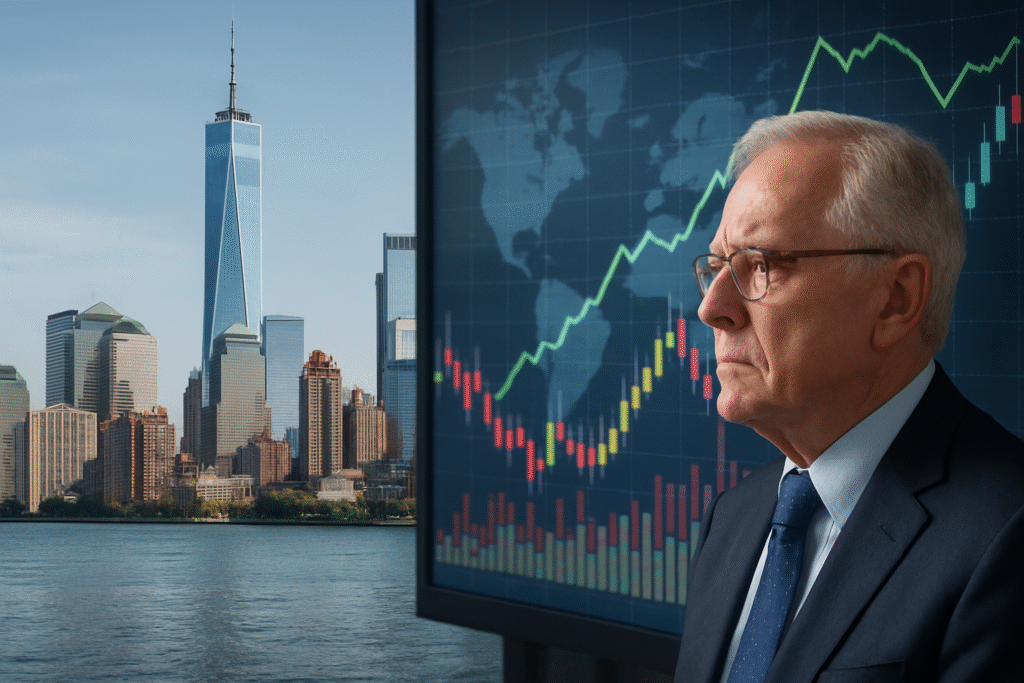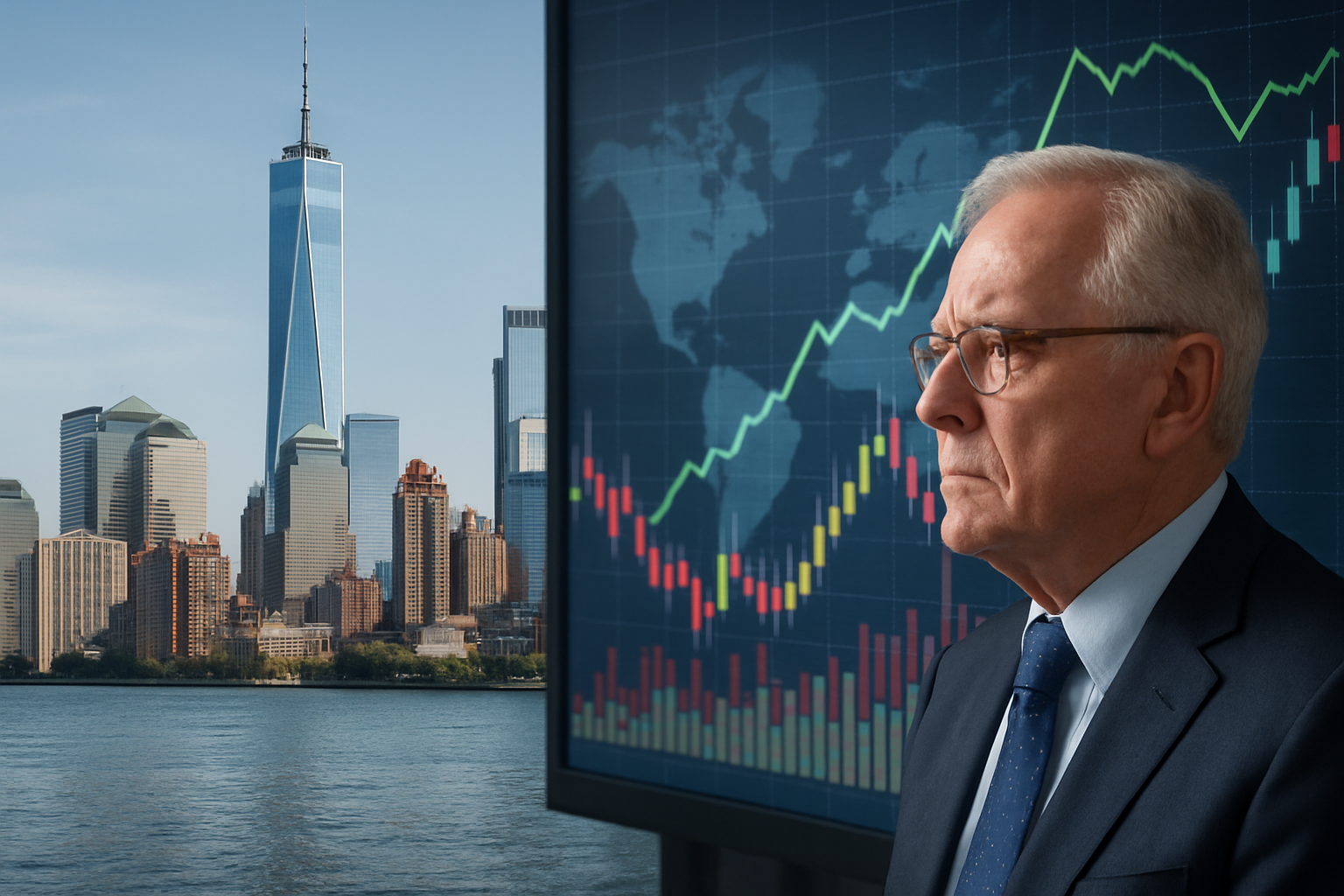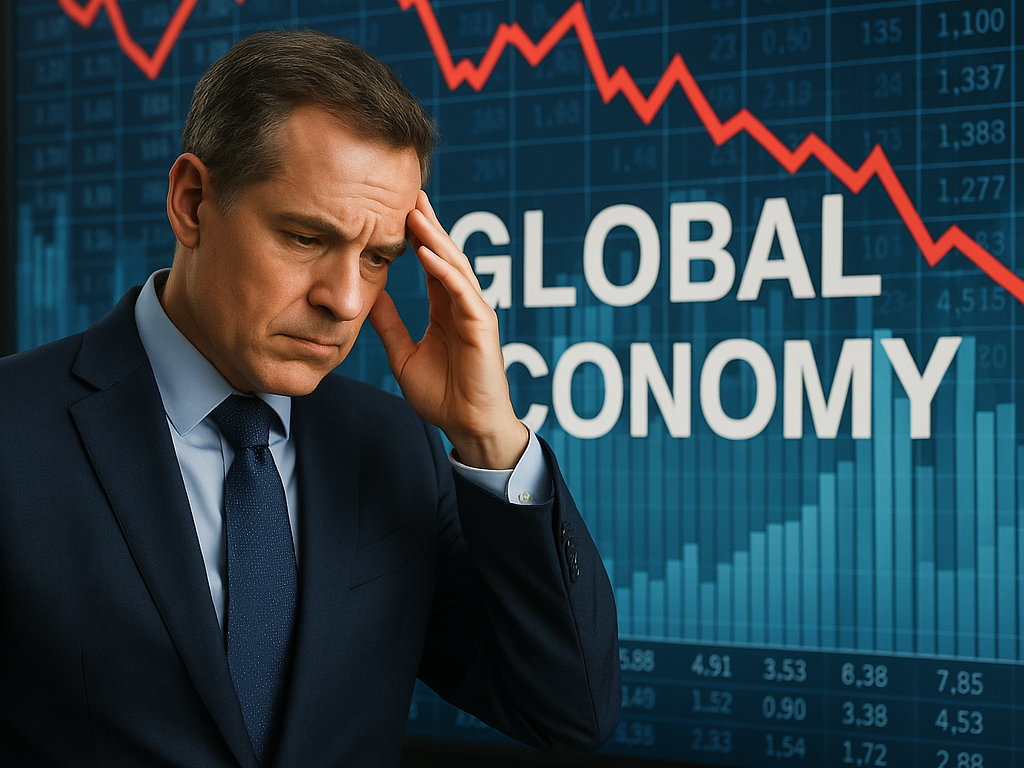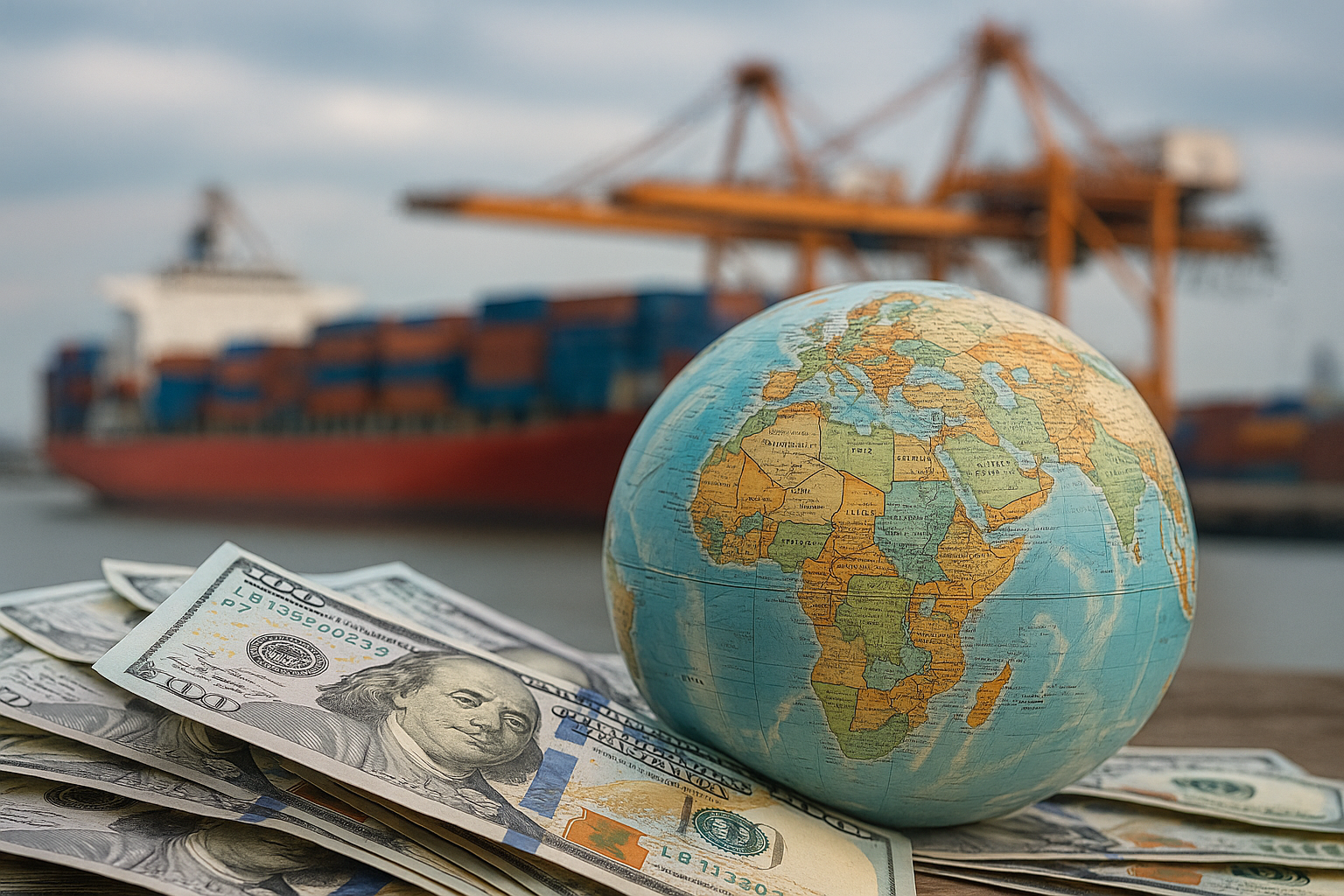A World of Changing Global Economic Landscape Influence
Global Economic Landscape
The global economy is entering a pivotal phase. Established powerhouses are facing challenges to their dominance, while new players are stepping into the spotlight with fresh momentum. As a result, the distribution of economic influence is shifting across continents and sectors. These changes are not only economic in nature but deeply tied to technology, politics, and demographics.
While mature economies adapt to structural slowdowns, emerging nations are rewriting the rules of participation. Although some observers worry about instability, others see opportunity. Thus, the outlook for global markets is both uncertain and full of potential.

Established Powerhouses Adjust Their Approach to Global Economic Landscape
Leading economies such as the United States, Germany, and Japan have long shaped global trade and financial systems. However, recent shifts in domestic politics, labor markets, and global alliances are prompting strategic adjustments. For instance, these countries are placing increased emphasis on digital infrastructure, energy independence, and sustainable development.
Moreover, demographic changes are affecting productivity and demand. An aging population, in particular, presents new challenges in labor supply and social spending. Even so, through innovation and policy reform, these nations are seeking to maintain relevance in a fast-changing environment.
Emerging Global Economic Landscape Markets Rise with Strategic Confidence
Simultaneously, emerging economies are asserting themselves with growing confidence. Countries such as India, Brazil, Vietnam, and Nigeria are not only experiencing demographic growth but also becoming hubs of digital innovation and manufacturing capacity. Because of this, they are attracting both investment and geopolitical interest.
In many cases, these economies are leapfrogging traditional development stages. Thanks to mobile technology and fintech solutions, large segments of their populations now access financial systems that once seemed out of reach. Nevertheless, challenges such as political instability, inequality, and limited infrastructure remain.
Technology and Innovation as Equalizers
One major factor leveling the global economic playing field is technology. Unlike past industrial shifts, today’s tech boom allows smaller nations to make significant global contributions without matching the resource base of traditional powers. Cloud computing, AI, and renewable energy allow countries to participate in global markets with greater flexibility and lower capital costs.
Furthermore, educational initiatives and digital inclusion programs are accelerating progress. These efforts are transforming local economies and creating export-ready startups. Therefore, even smaller nations can become influential in shaping global trends.
Trade and Investment Realignments Influence Flow
As global supply chains evolve, so do patterns of trade and investment. Traditional trade corridors are being supplemented—or even replaced—by regional agreements and South-South partnerships. Consequently, trade is no longer confined to a few dominant routes.
Investment is also shifting, with multinational corporations increasingly seeking markets that offer both consumer potential and production scalability. Because of geopolitical tensions and tariffs, companies are diversifying their supply chains. This benefits countries that are agile, politically stable, and willing to adapt to global standards.
Environmental Policy Redefines Global Economic Landscape Goals
In both developed and emerging markets, environmental sustainability is becoming a central concern. Green technology, carbon trading, and sustainable resource use are not only ethical imperatives but also powerful economic drivers. While richer countries have the resources to experiment and lead, many emerging players are innovating out of necessity.
Transitioning to green energy also opens new economic possibilities. Countries with abundant solar, wind, or geothermal resources are positioned to become energy exporters in the future. This green shift, if managed inclusively, could reshape the hierarchy of economic influence.
Digital Currencies and Financial Reform Expand Reach
Financial innovation is another key theme of this new economic era. Central bank digital currencies (CBDCs), decentralized finance, and blockchain are changing how money moves across borders. This transformation is particularly valuable to emerging markets, which often face barriers in accessing traditional global finance.
However, the benefits are not automatic. Regulation, cybersecurity, and interoperability remain hurdles. Therefore, coordinated international efforts will be needed to ensure stability while encouraging innovation.
Multilateral Institutions Under Pressure to Reform
Given the evolving global order, traditional financial and economic institutions are facing scrutiny. Emerging economies are increasingly demanding a more equitable say in institutions like the World Bank and the International Monetary Fund. Without reform, these organizations risk losing legitimacy and relevance.
Nevertheless, progress is slowly emerging. Governance structures are being reviewed, and new funding instruments are being proposed to meet the unique needs of underrepresented economies. Collaboration and inclusivity are essential if global governance is to reflect today’s economic realities.
Conclusion: A Shared but Unequal Future
As we look toward the future, it is clear that economic power is becoming more decentralized. While this creates new avenues for growth and cooperation, it also introduces complexity. The balance between innovation, inclusion, and regulation will define the success of this transformation.
Global prosperity is not a zero-sum game. In fact, collaboration between established and emerging economies will be key to solving shared challenges. With open dialogue and thoughtful policy, the next chapter in global economic history can be one of mutual progress rather than division.




